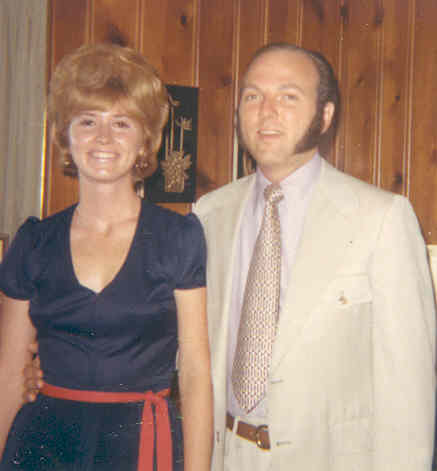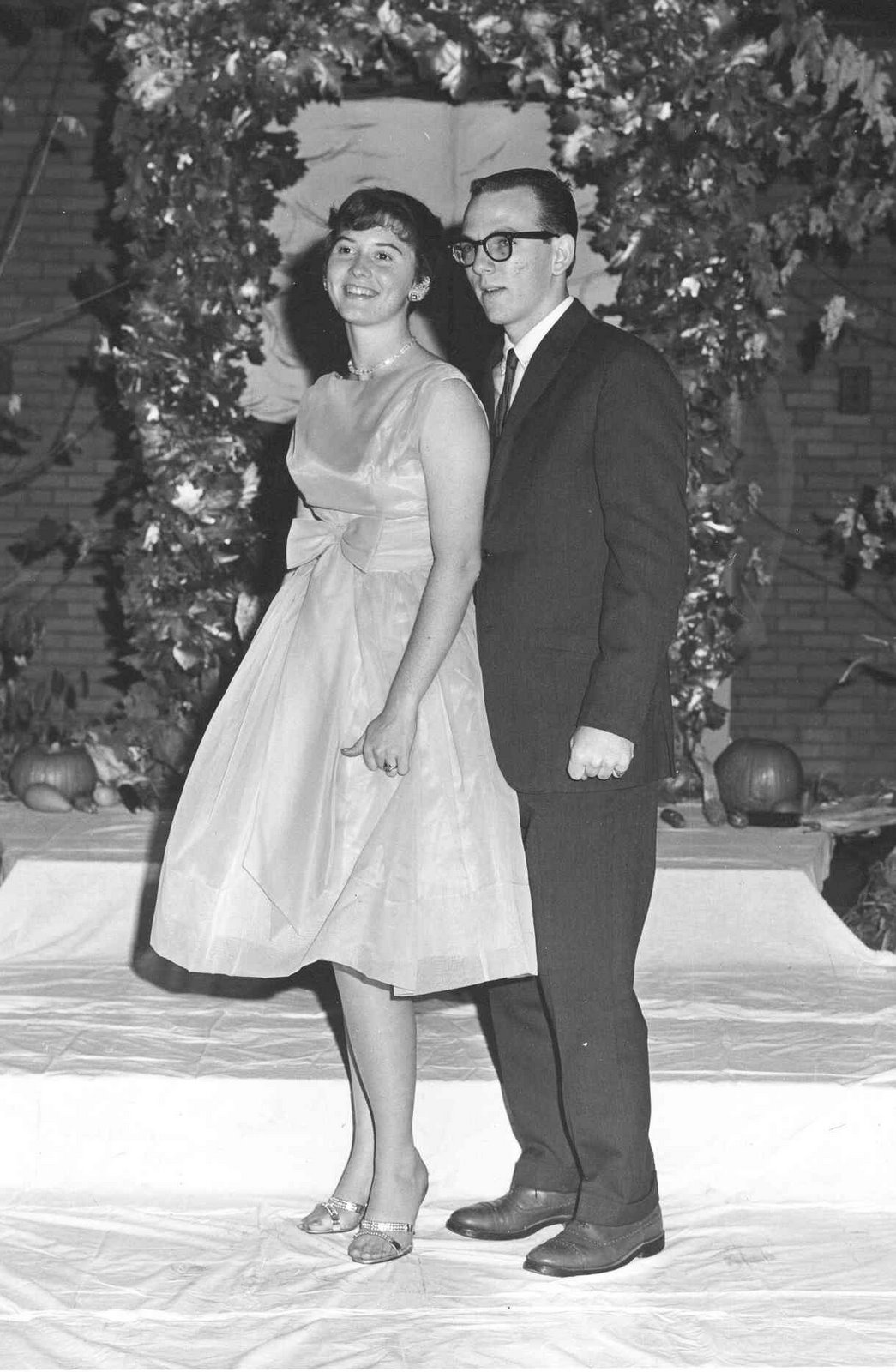Statement of Purpose: For much of my life, I was a very opinionated person to the point sometimes of being obnoxious and arrogant. It was hard to reason with me if you had another point of view or opinion. Then one day I was at a seminar at a national convention when a motivational speaker zeroed in on these two words and how one of them can bring you lots of grief. He first defined having an opinion as… “Being healthy, having a point of view that is yours, it is your belief, it is your judgment about something you have seen, heard or read, and it can be an estimation, your attitude on a subject and your outlook on it. It is healthy to have opinions on things, so long as you remain open minded to other person’s points of view, even if you are sure they are wrong.”
However, he went on to tell us that… “On the other hand, being opinionated is not healthy and it can be very damaging to many aspects of our lives and our relationships. For instance, being opinionated means we are prejudiced, superior in nature, dogmatic, rigid, inflexible, unbending, fixed and intolerant on an opinion others might have, just for starters. We will therefore be narrow minded, very outspoken and even vehement on a subject. And we almost always state our opinions as THE ONLY CORRECT information on a subject, while expecting others to immediately see the light and accept our opinion unequivocally.”
His advice was to wake up and realize this is not only a big communications killer with people you associate with, it is a big turn off too. Normal people just do not like “know it alls” and while they may deal with them out of necessity, they distain this kind of behavior. He added, this does not say such a person is not knowledgeable or intelligent on a subject. What it does say is that they can become so opinionated, it fogs and diminishes the importance of those talents, skills and knowledge to others and many times causes people to seek those talents, skills and knowledge elsewhere.
Ben Franklin had a tremendous amount of talents, skills and knowledge. And yet, he recognized early in his life he needed to be very careful how he handled sharing this wealth when expressing an opinion or an idea he wanted to be accepted by, or at least seriously considered by, other people. Whenever he began an opinion on a subject whereby he was very sure he was correct, instead of cramming it down people’s throats, he would hear out what others had to say first and then state…. “You know, I could be wrong on this. However, what I believe and have found to be true on this subject is that……… (and then he would state his opinion and wait for a response)……”
There is a basic truism I teach in my sales and in my negotiating seminars that goes like this…. “You do not want to win the arguments all the time, or even most of the time, or you will lose the sale. In fact, I recommend you do not argue with your customers and clients at all. In addition, avoid being a ‘know it all’ when working with a customer or client. Educate them fairly and yet, hear them out because they have opinions too and today, they may have done so much research on the subject, available to them on the Internet, that they know more about it now than you do.”
Wednesday, March 4, 2009
Opinion vs. Opionated
Subscribe to:
Post Comments (Atom)




















No comments:
Post a Comment